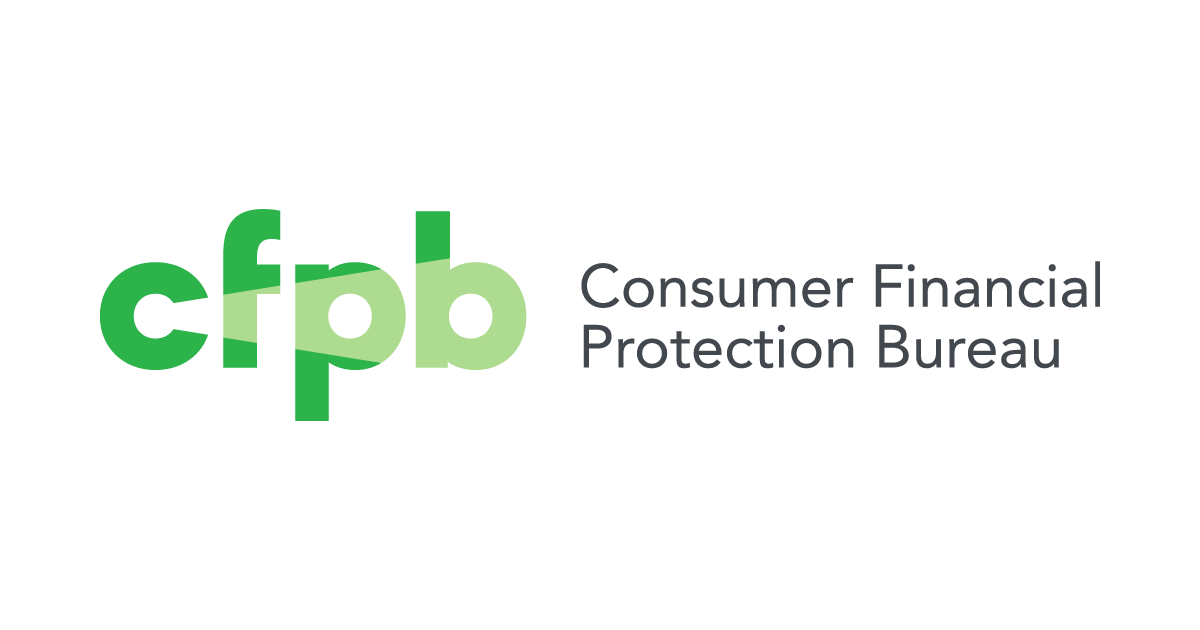
TINA.org Joins Over 300 Orgs. in Letter Urging Congress to Support Financial Watchdog
Legislators should protect the work of the Consumer Financial Protection Bureau.
Federal efforts to rein in such charges have largely been unsuccessful to date.
| Eliza Duggan
The Massachusetts attorney general’s office has proposed regulations that would take a stab at junk fees and deceptive automatic renewal subscriptions or negative option offers – misleading pricing tactics that can be found in every segment of the economy and that rob consumers of billions of dollars each year. Attorney General Andrea Joy Campbell has proposed two regulations that, if finalized, should help reduce the amount that Massachusetts residents spend on junk fees and unwanted subscriptions.
While the proposed regulations are specific to Massachusetts, the issue is national in scope. As such, Massachusetts’ efforts to curb these harmful practices may benefit consumers nationwide. Federal efforts to rein in such charges have largely been unsuccessful to date – making the proposed Massachusetts regulations all the more impactful.
The proposal has two components. First, the regulation would require advertisements to clearly and conspicuously disclose the total price of a product – including all fees, interest, charges or other necessary expenses – when consumers first see the ad. Second, it would require businesses offering trial offers or recurring subscriptions to, among other things, clearly and conspicuously disclose any and all financial obligations that may be incurred as a result of the offer, as well as how and when to cancel.
Last week TINA.org submitted a comment in support of the attorney general’s proposal. The comment highlighted the many examples of junk fees and deceptive automatic renewal subscriptions that our organization has exposed and worked to reduce over the last decade – including through our legal actions, ad alerts and class-action tracker. For example, after receiving numerous consumer complaints, TINA.org investigated the marketing used by Bob’s Discount Furniture, which has multiple stores in Massachusetts, and found that the store deceptively advertised its “interest free” financing. The company charged consumers exorbitant interest on unpaid balances after one year and failed to tell consumers that they had to pay more than the amount shown in their monthly bills to avoid hidden interest charges.
Further, our comment emphasized the disproportionate impact that these deceptive pricing schemes have on low-income earners and communities of color. Not only are such consumers more likely to be charged certain junk and hidden fees, but they are also more greatly impacted by this deceptive marketing tactic as hidden and misleading fees drain money from those already struggling financially, which can lead to debt, housing instability and high-cost fringe financial services.
The attorney general’s efforts will hopefully have a significant impact for consumers in Massachusetts – and beyond.
Read TINA.org’s comment here.
Legislators should protect the work of the Consumer Financial Protection Bureau.
Companies should not be able to trap consumers into subscriptions that they do not want.
TINA.org joins coalition of consumer organizations in support of the proposed rule


